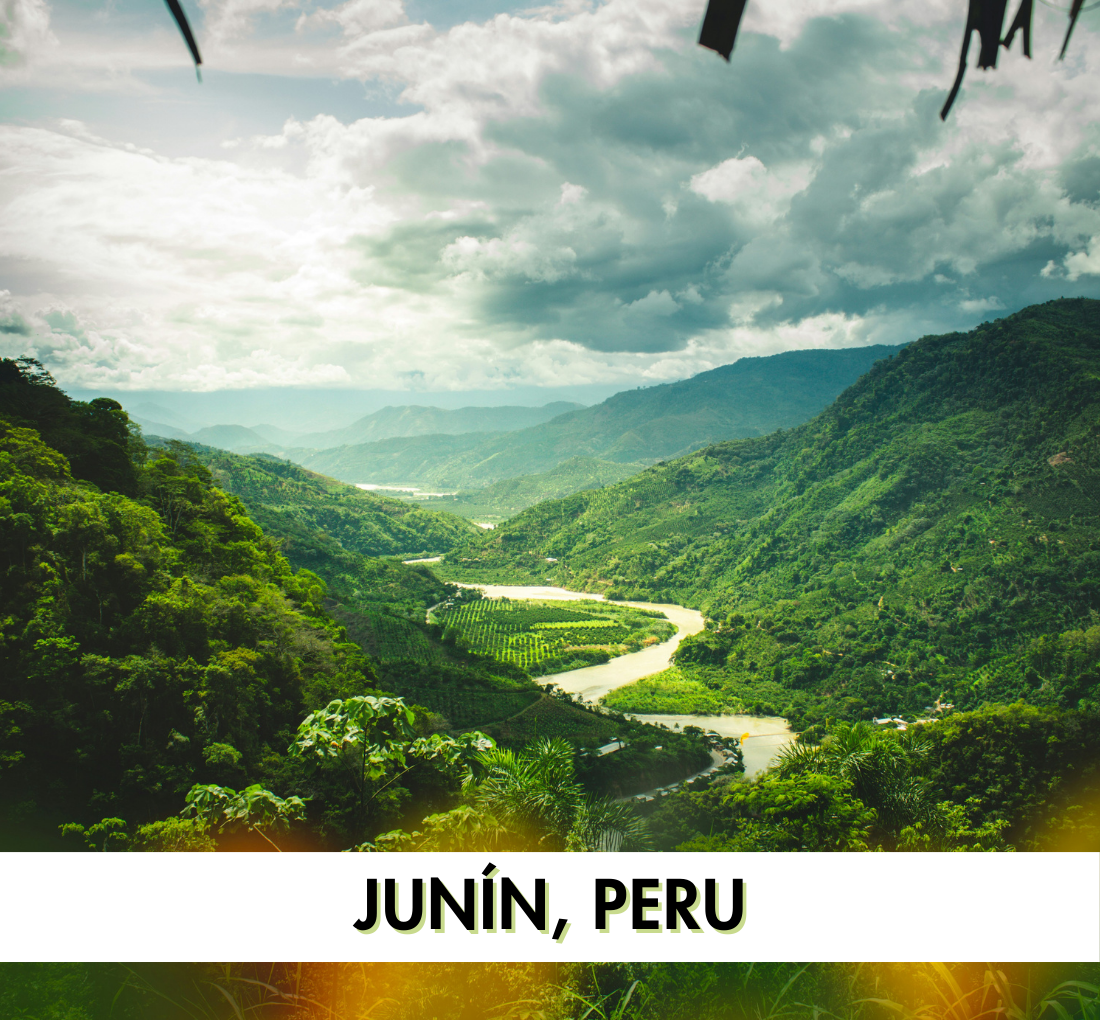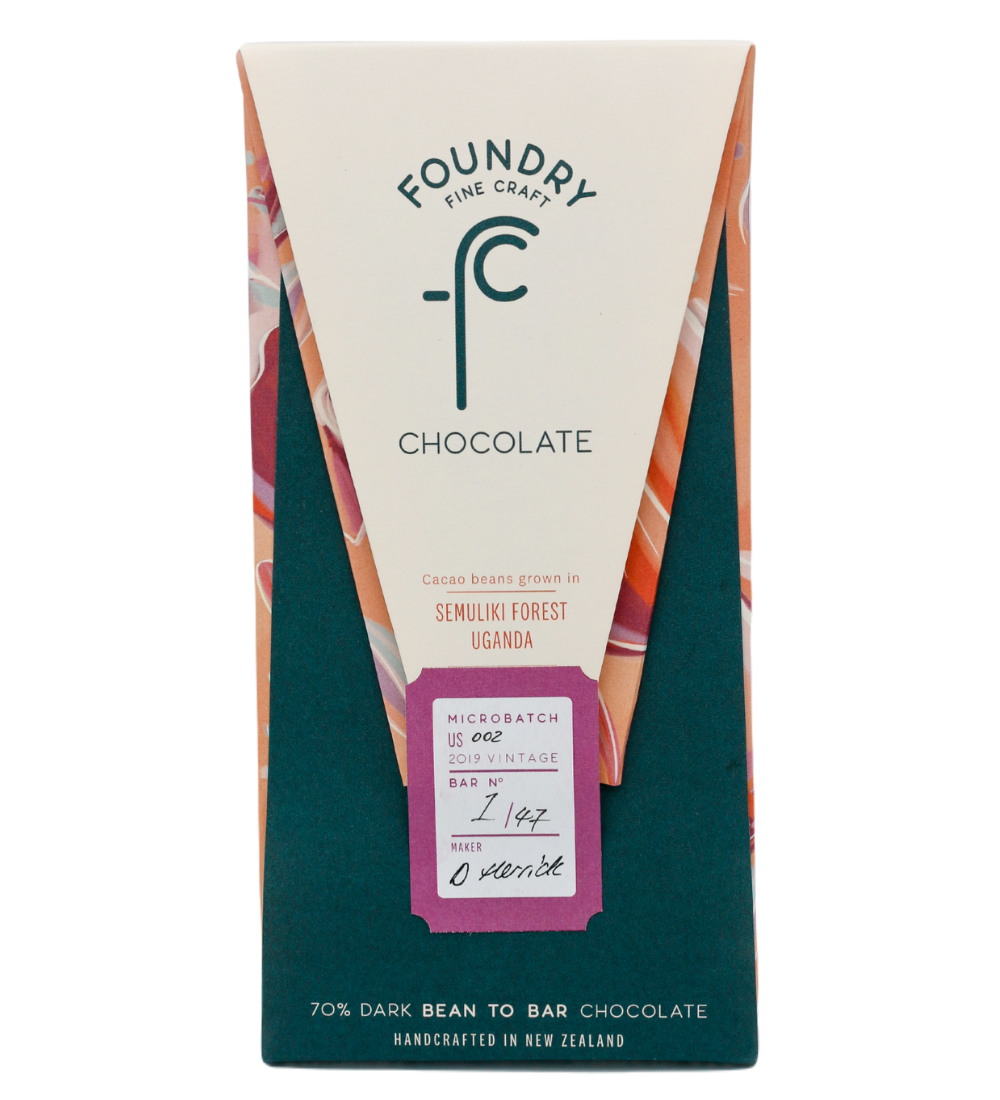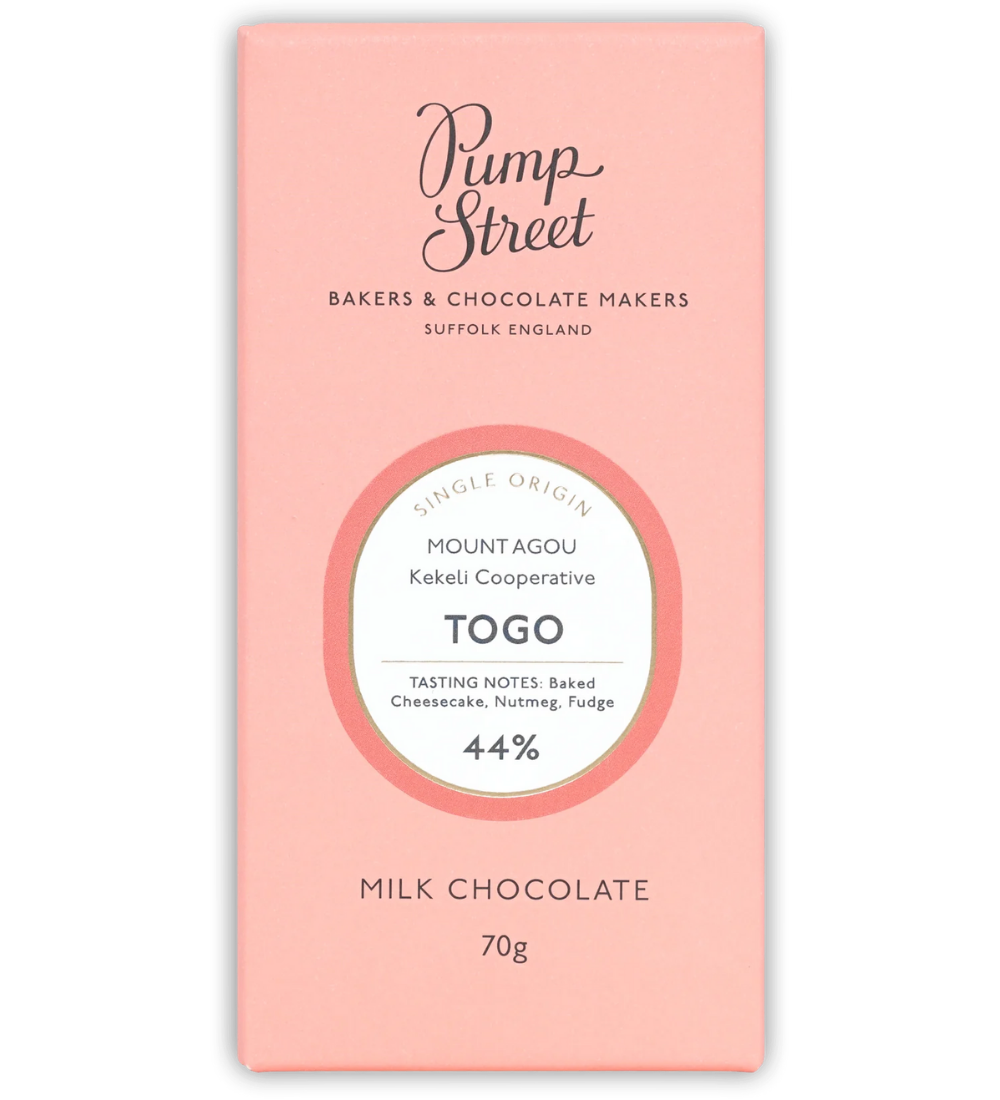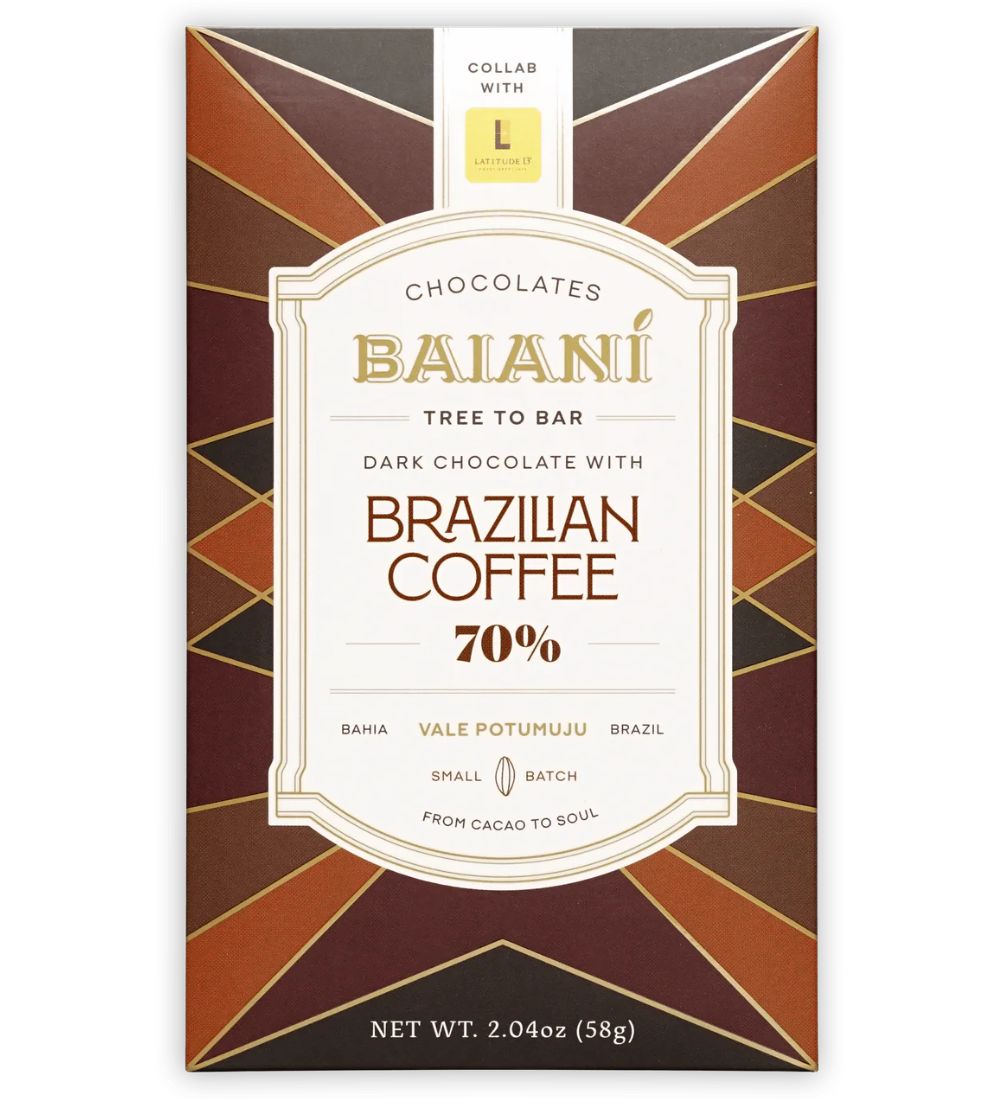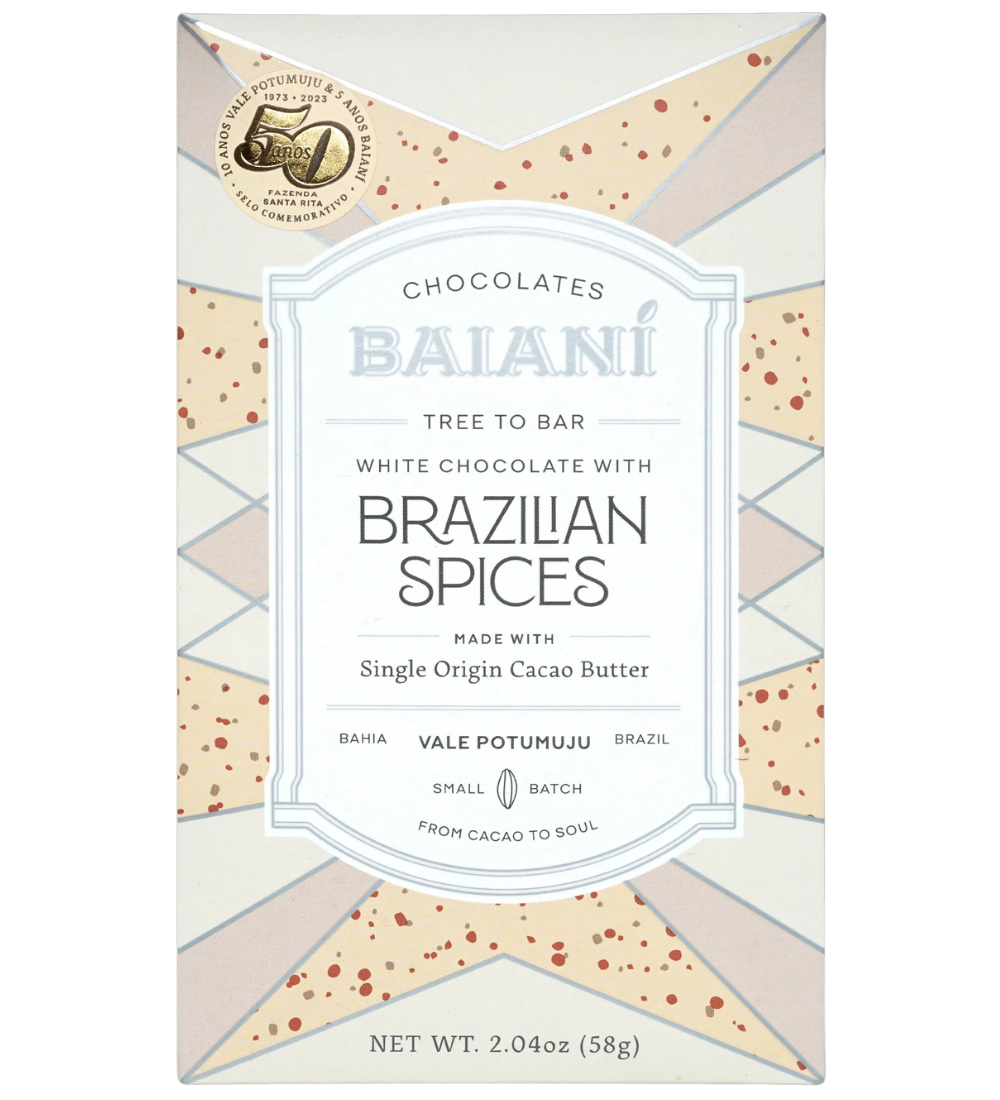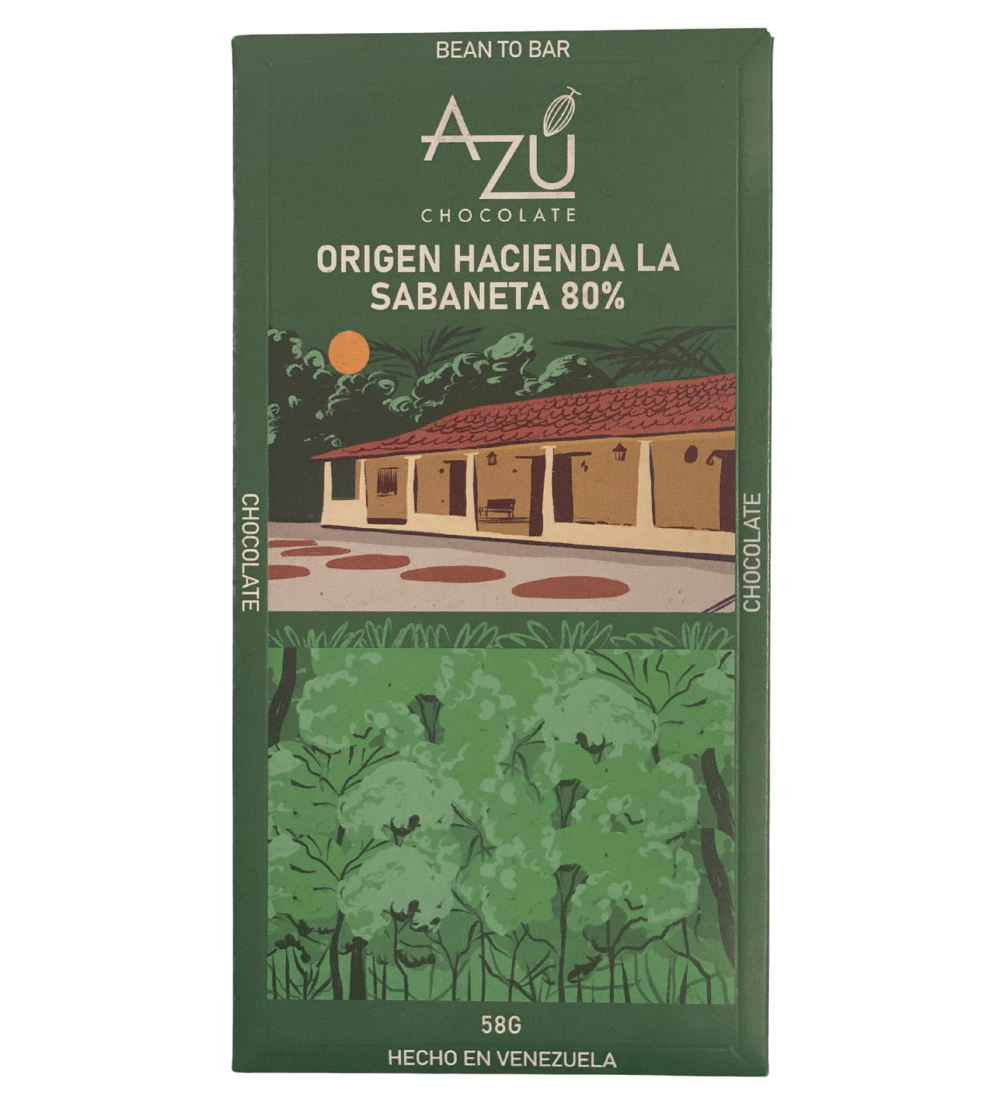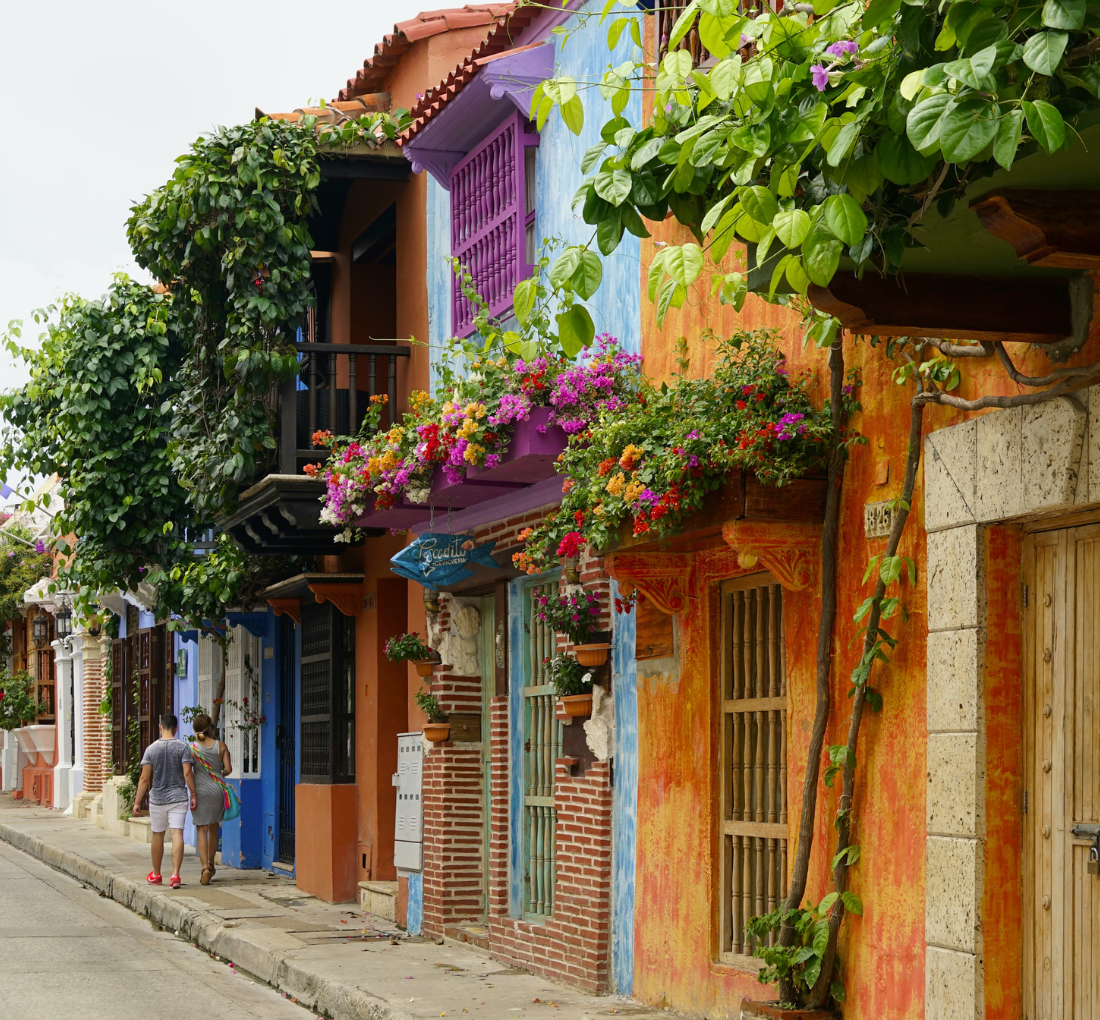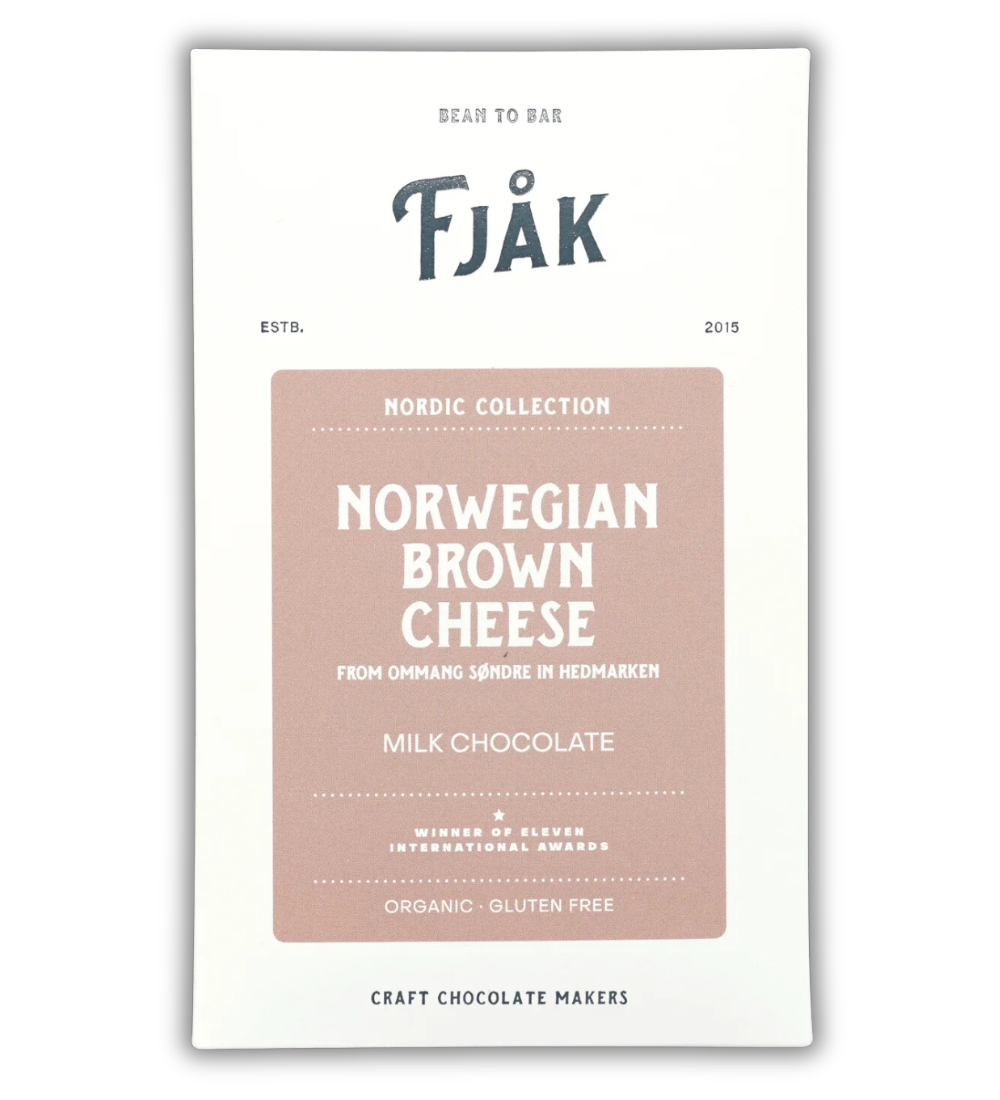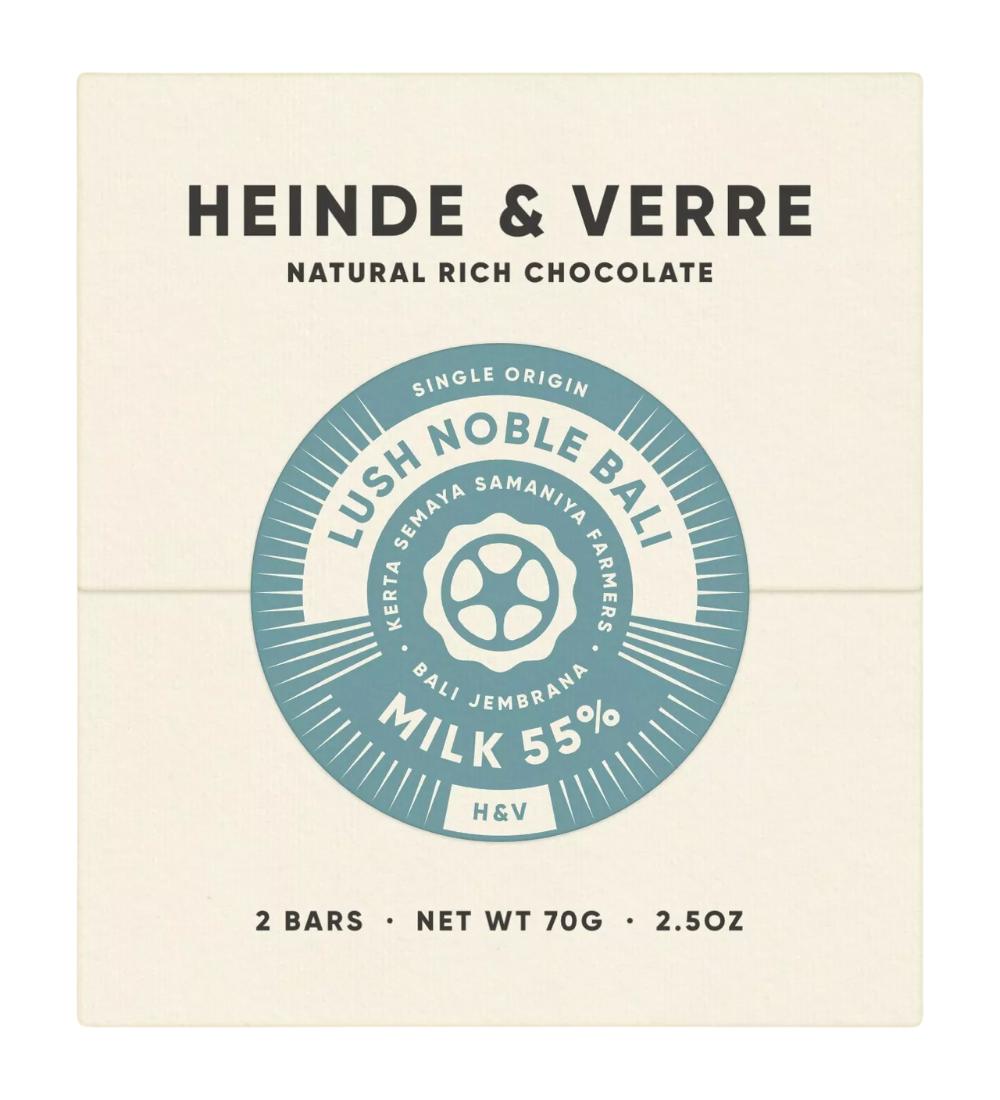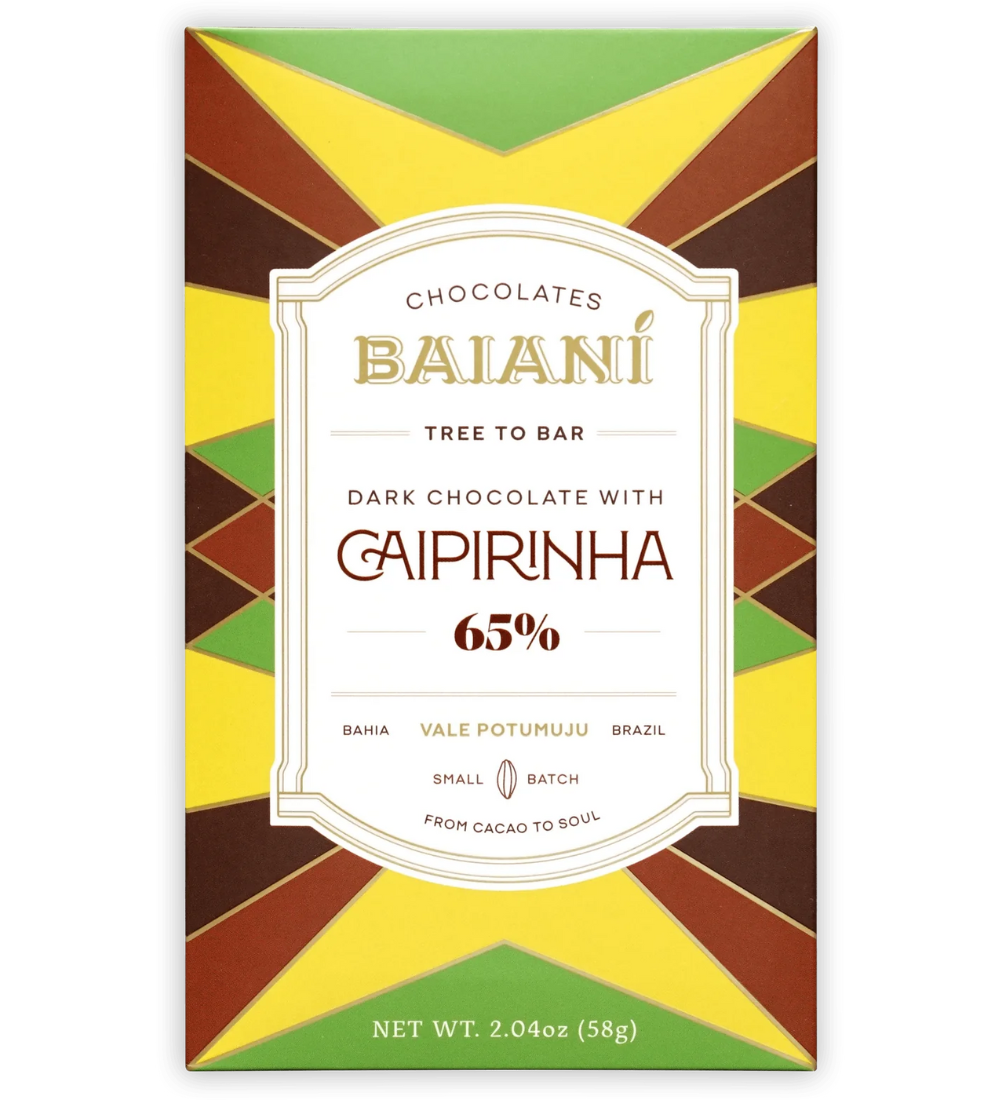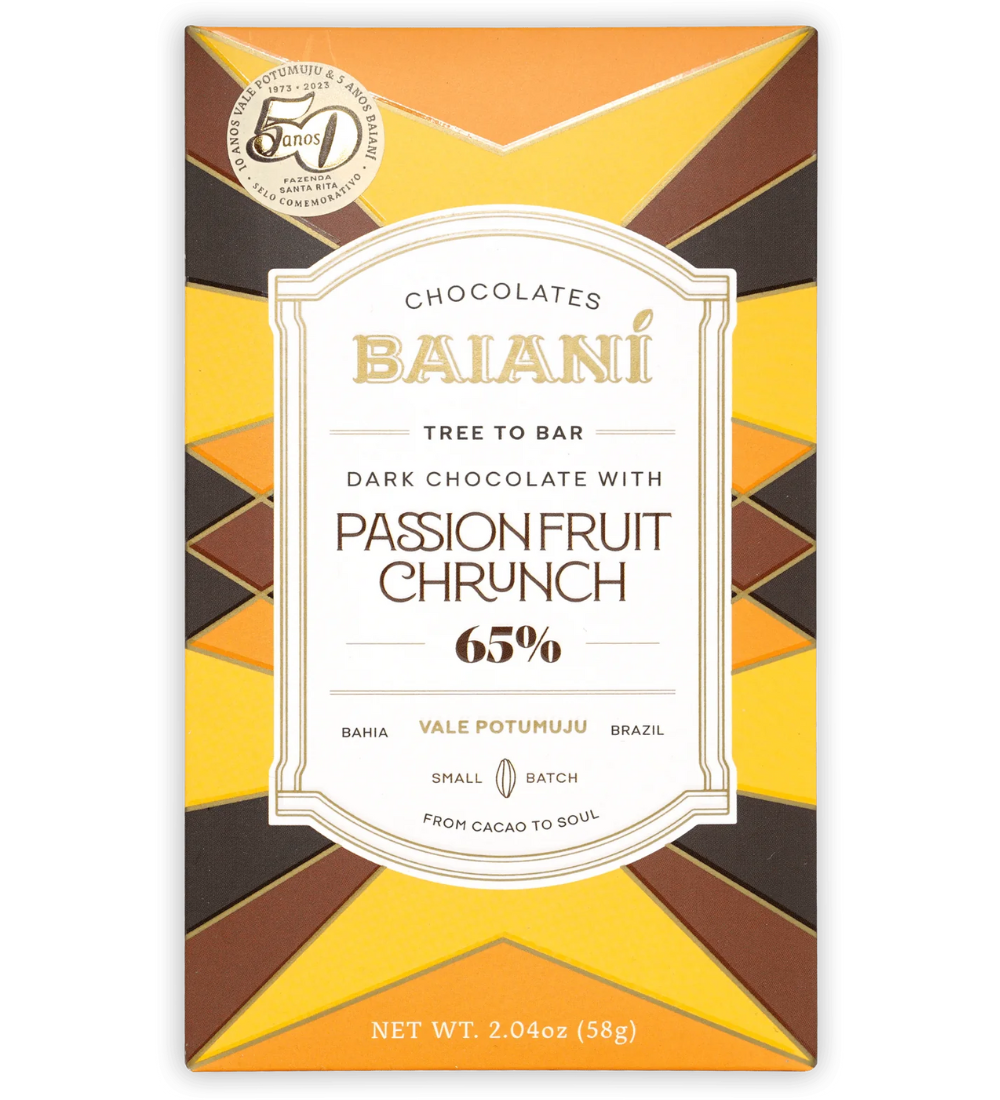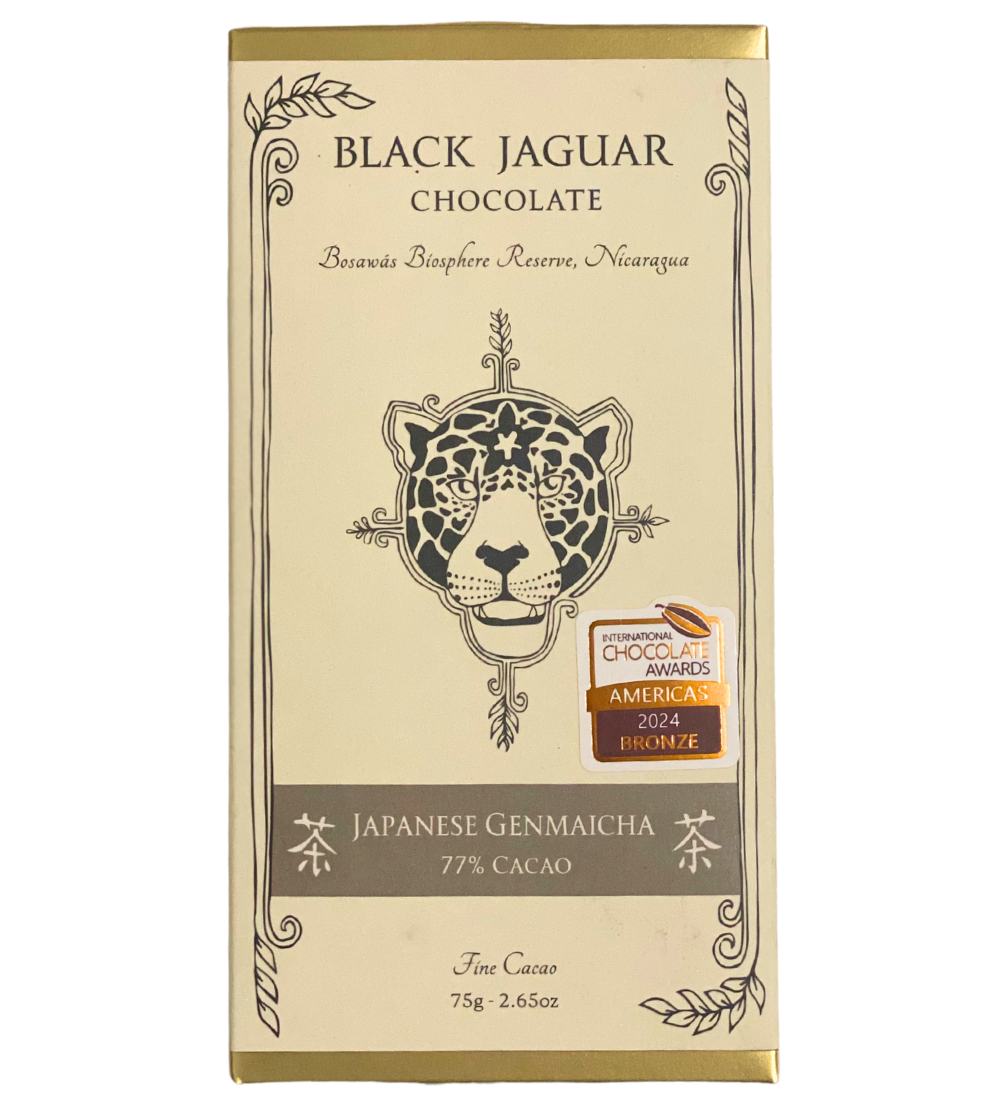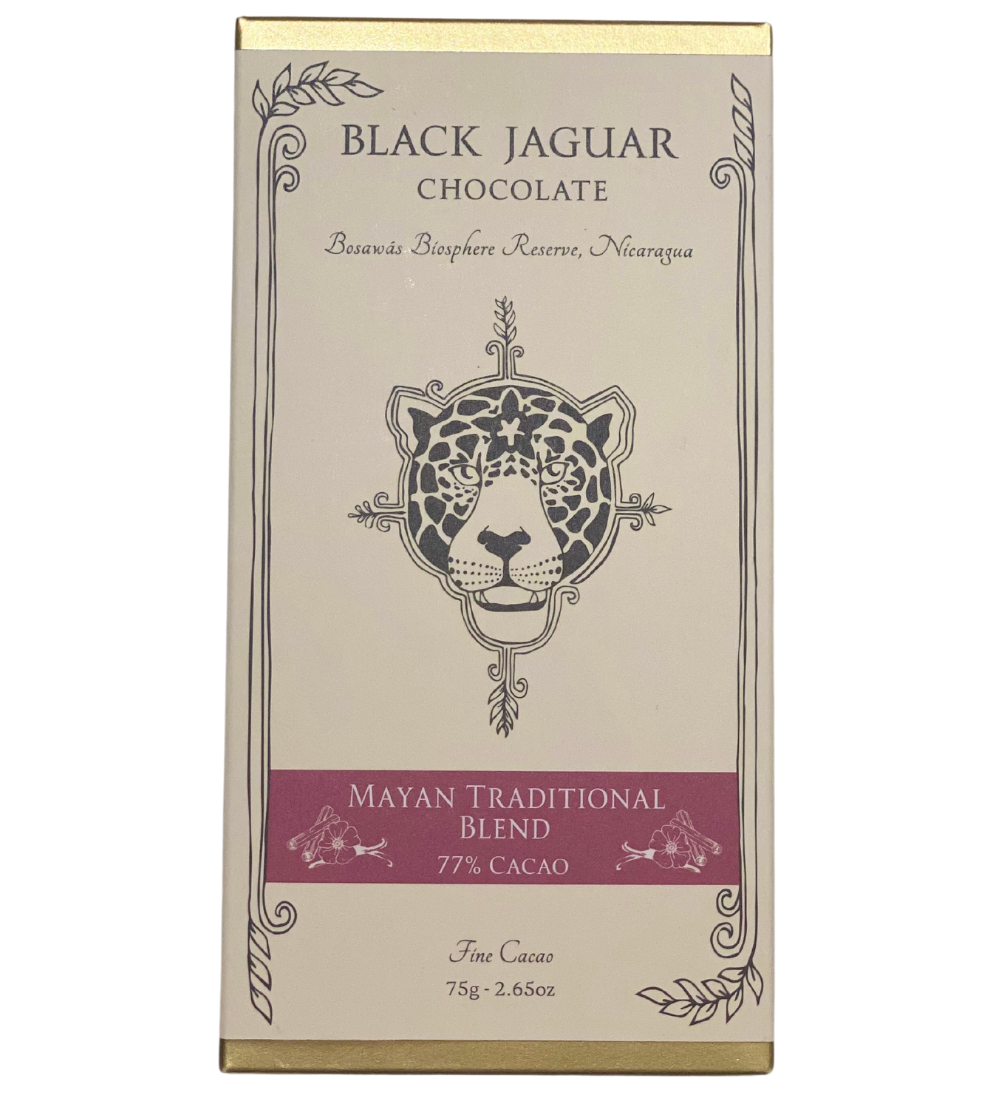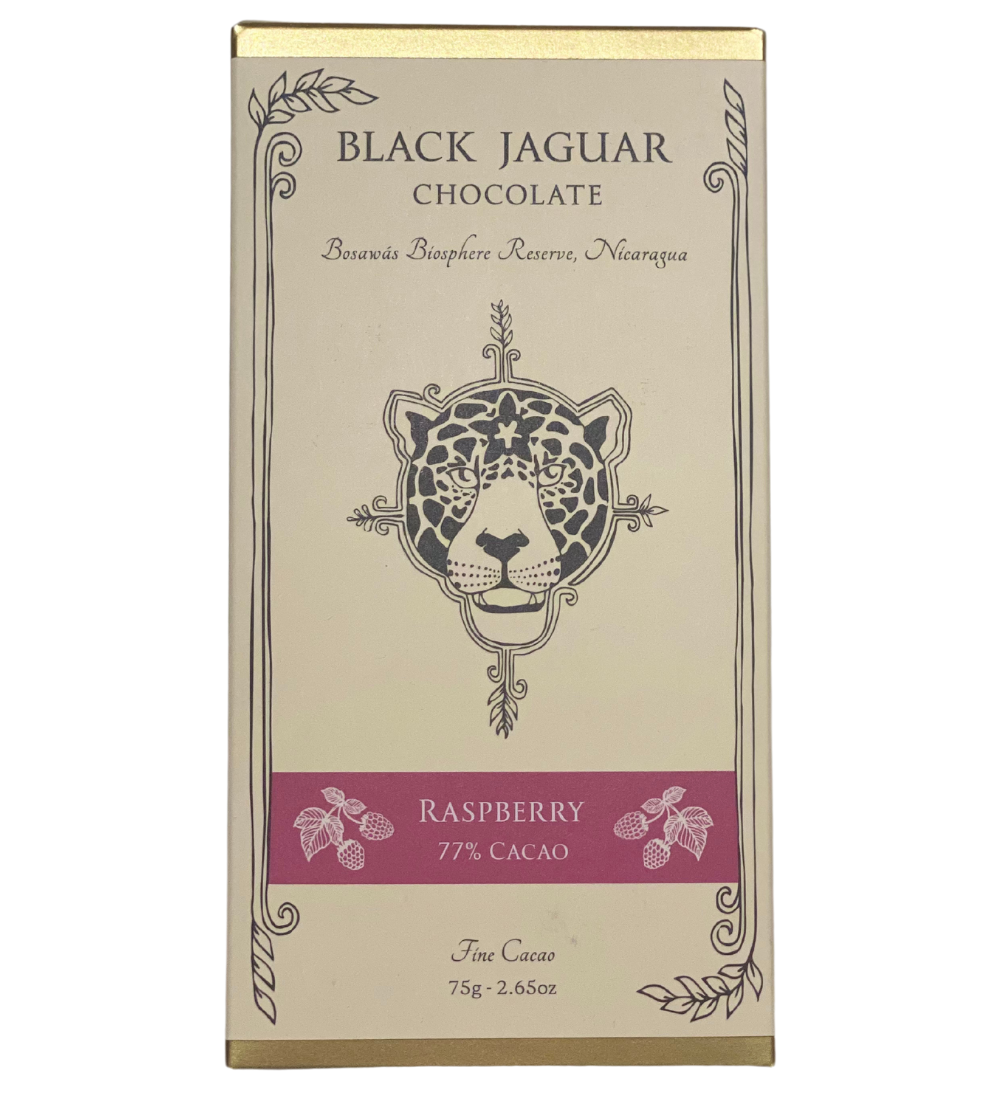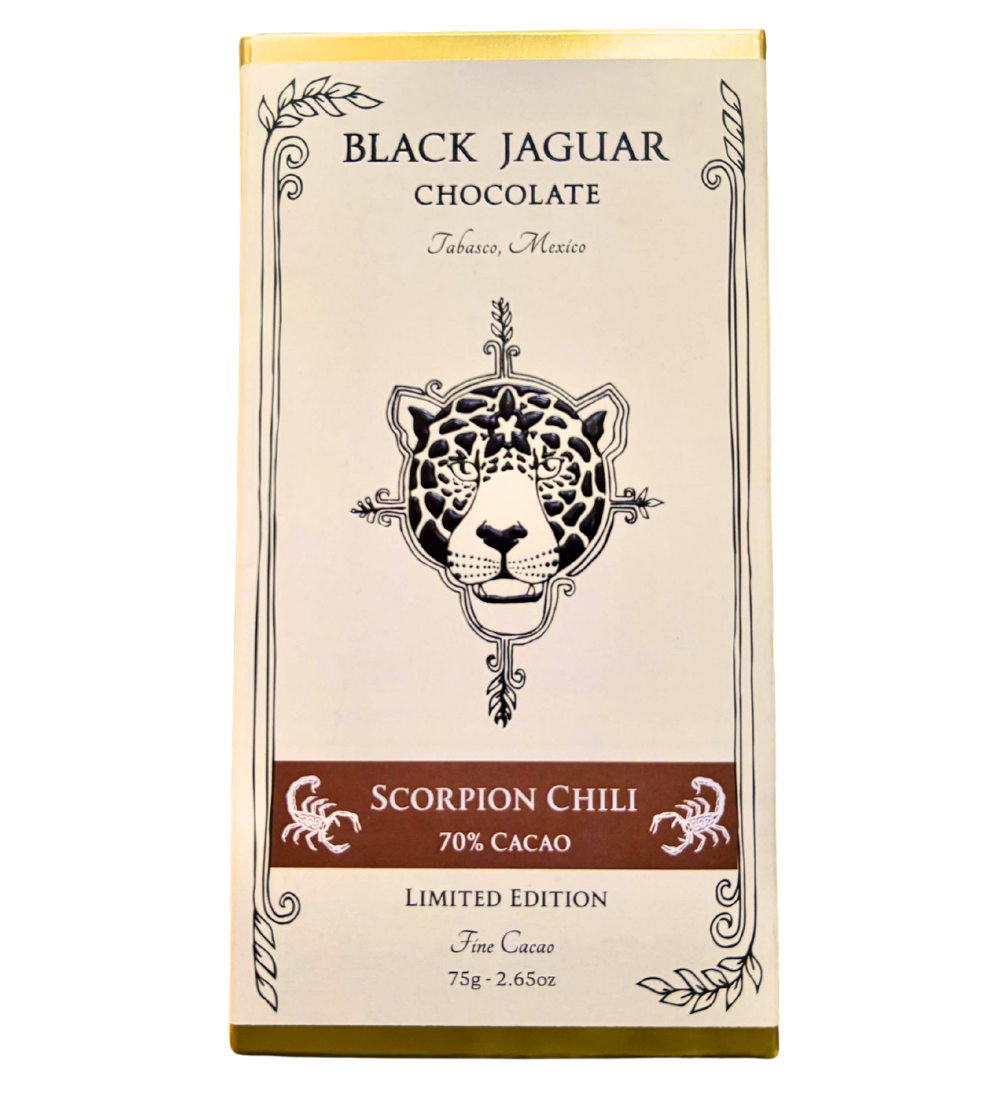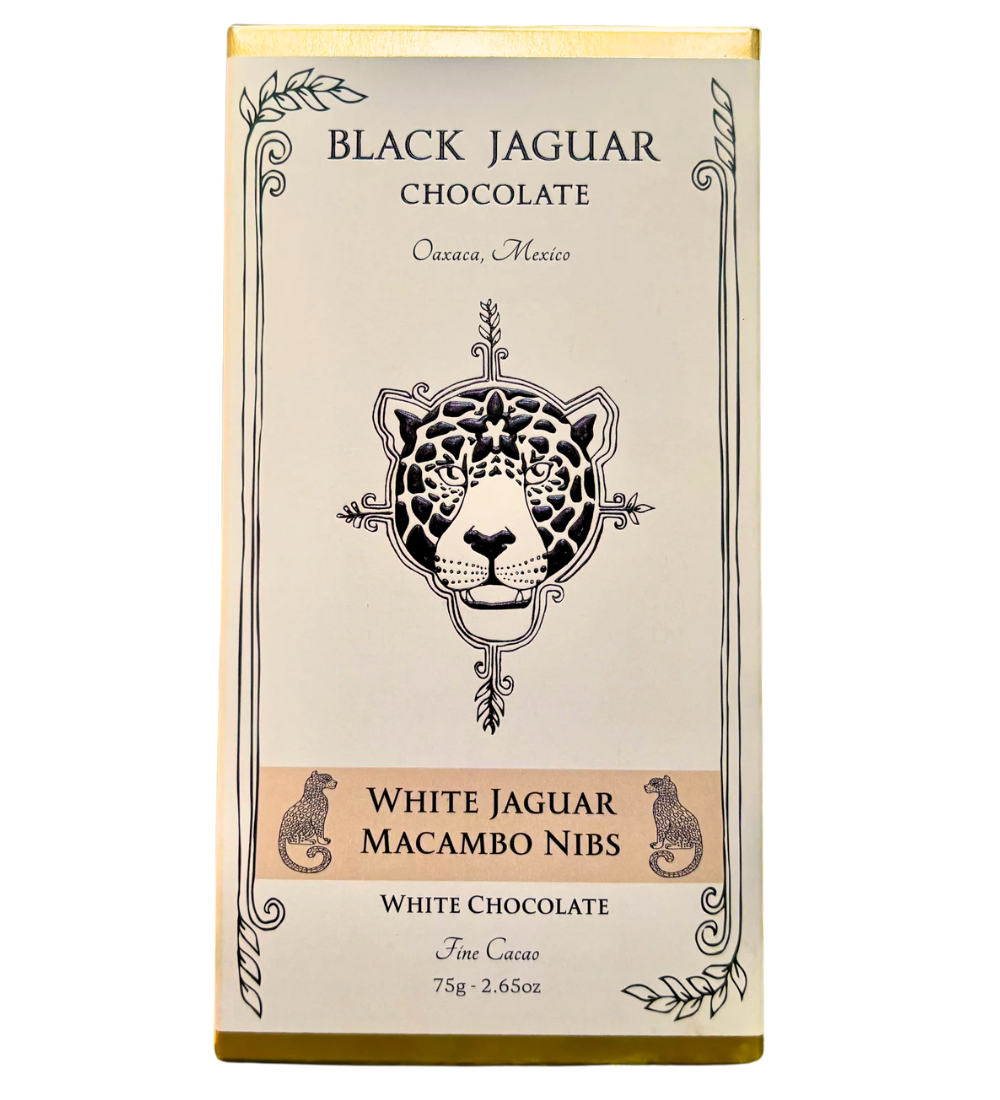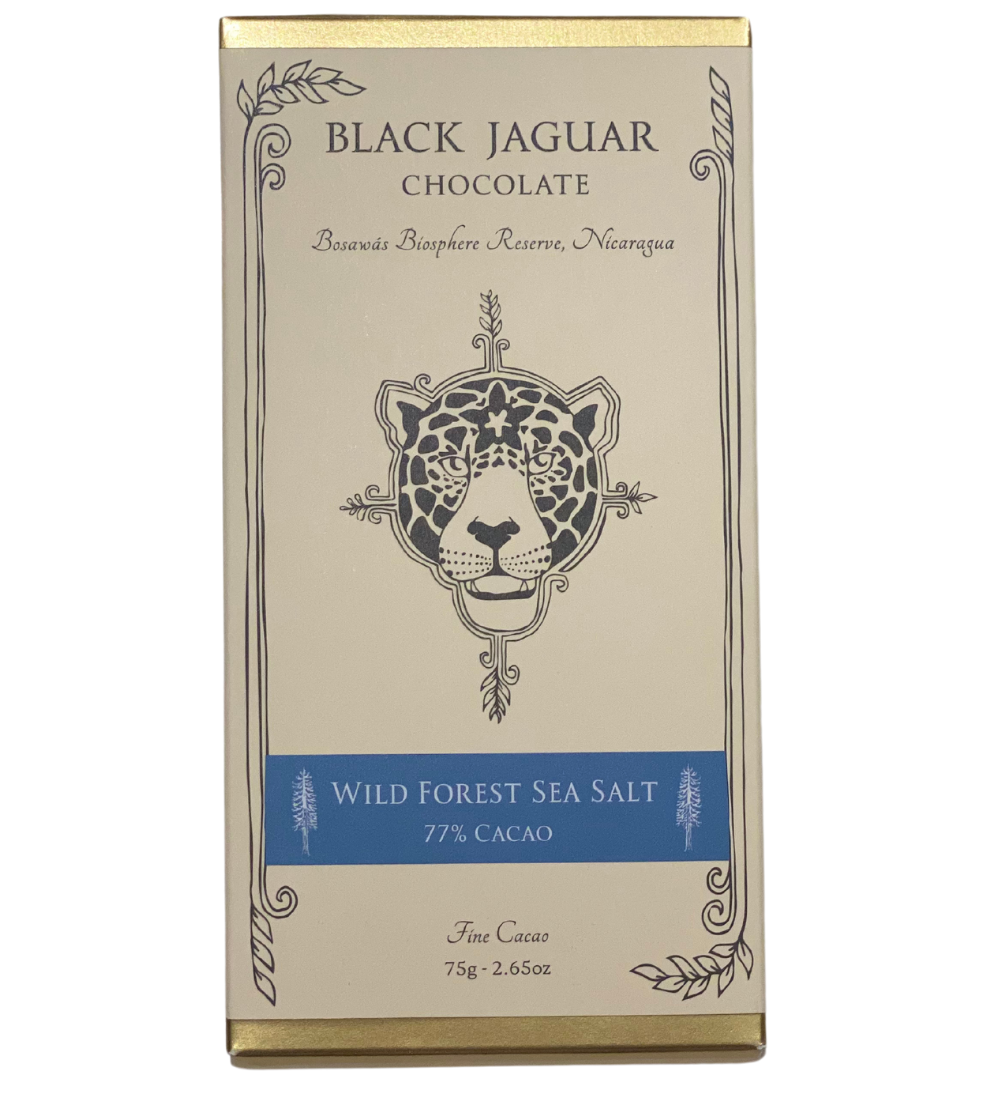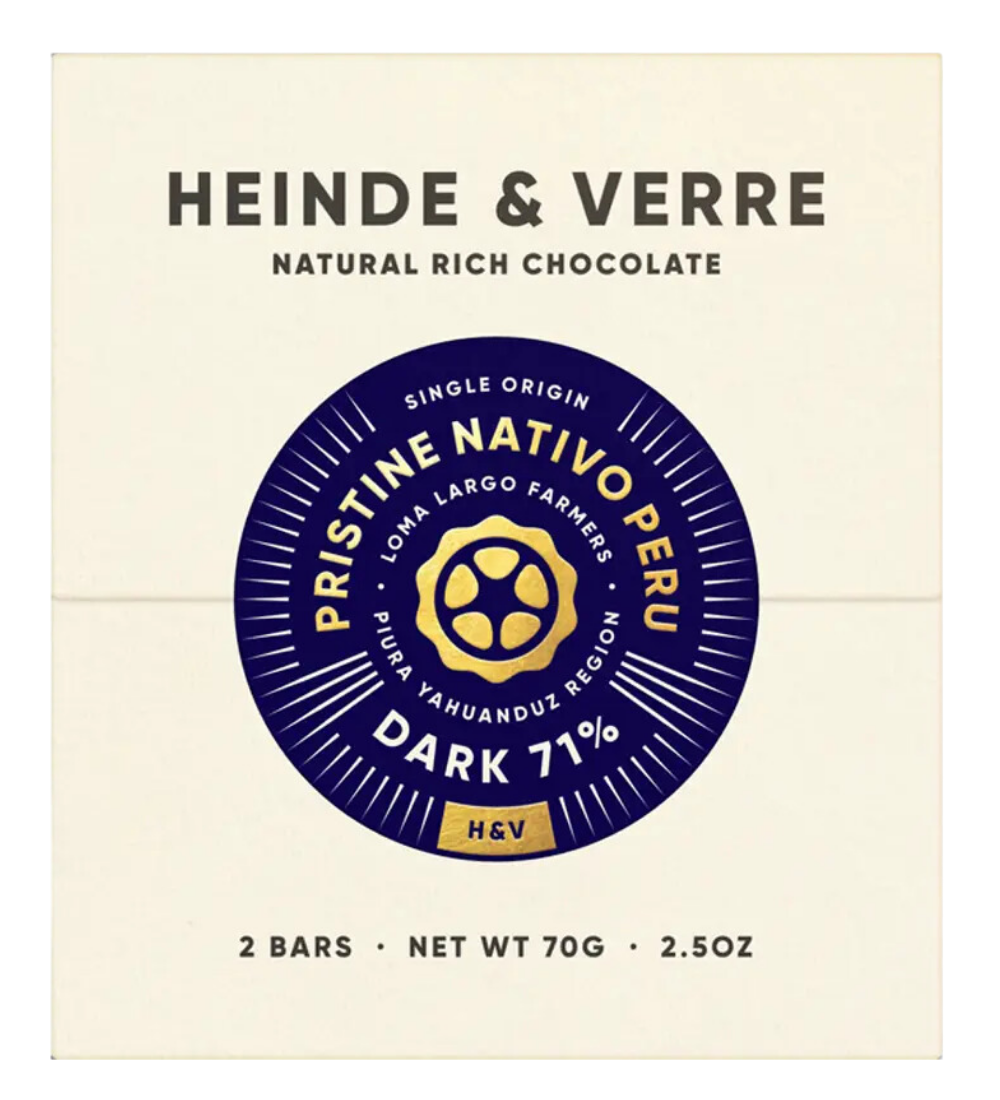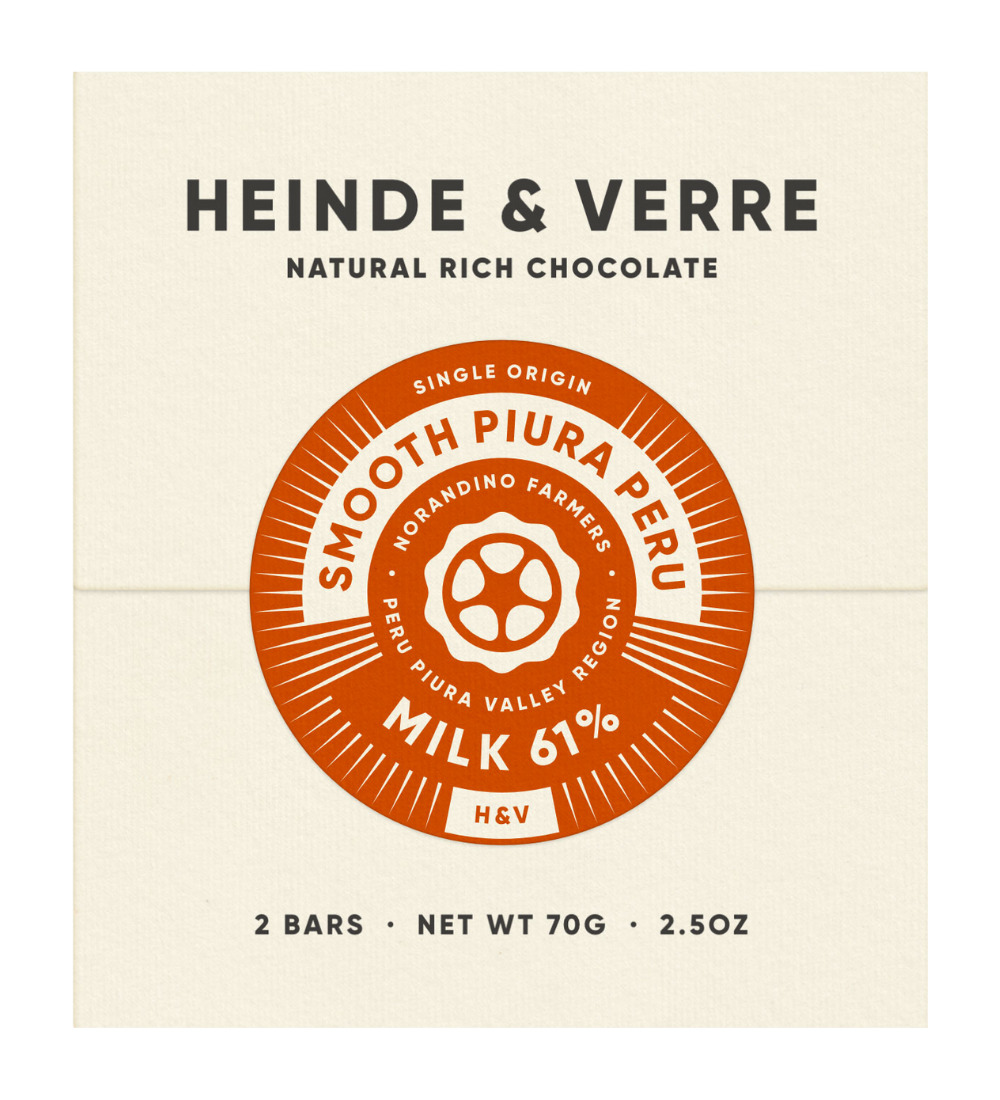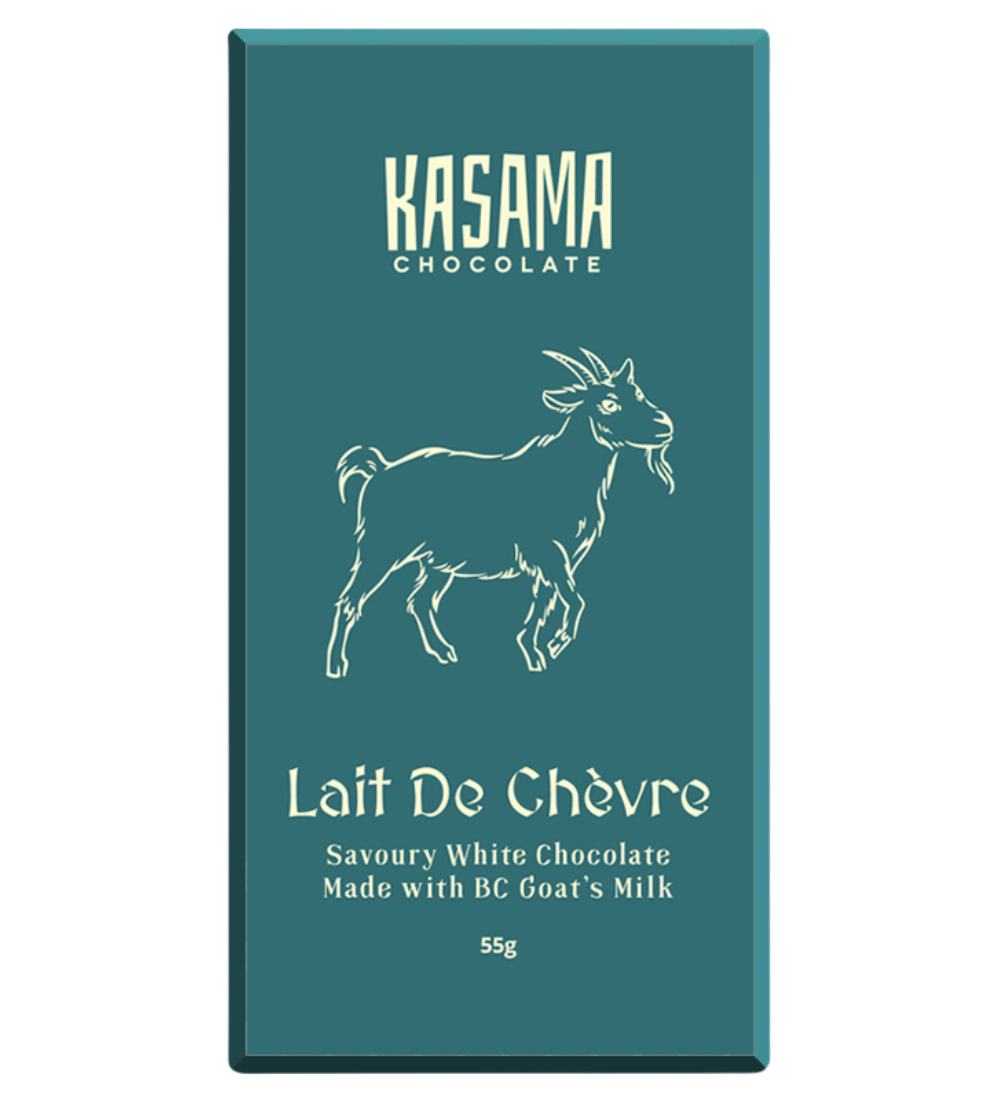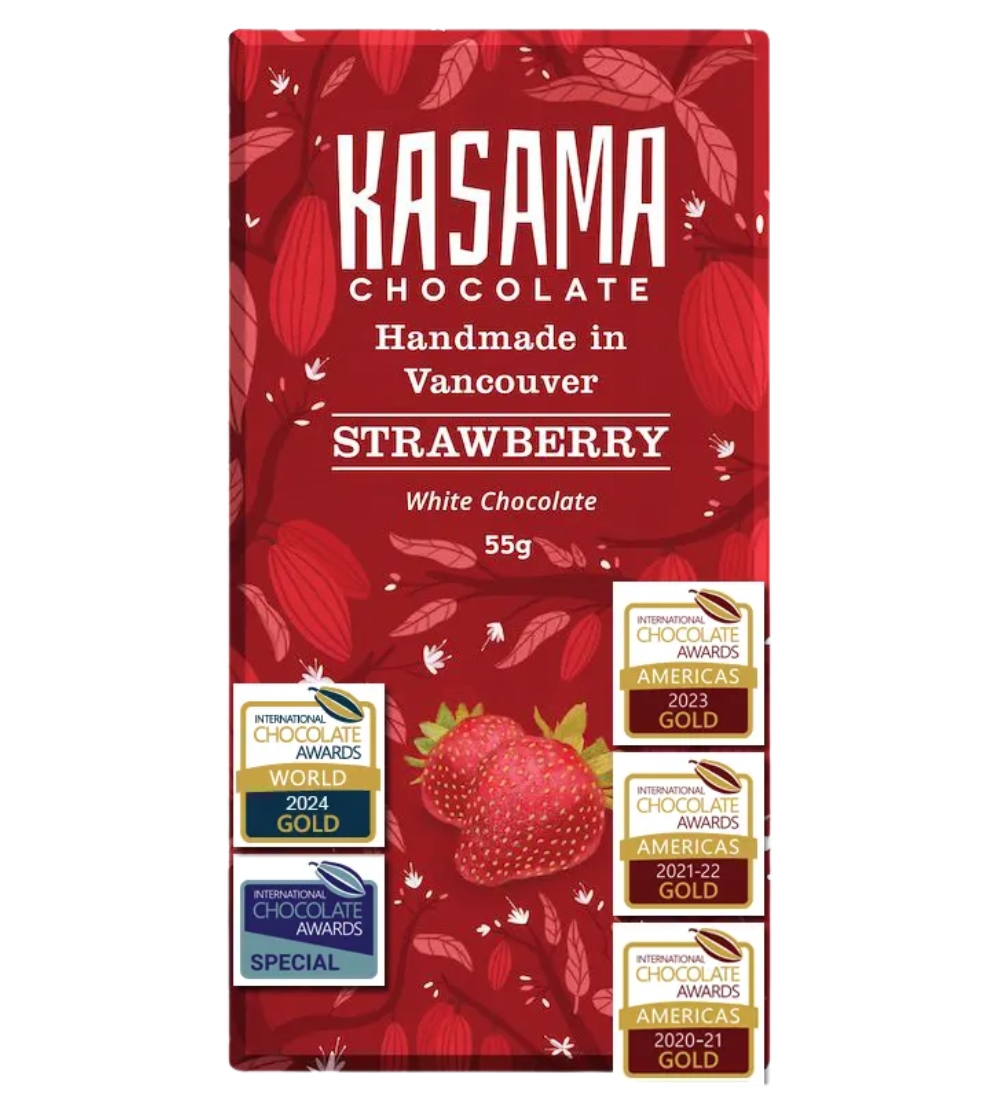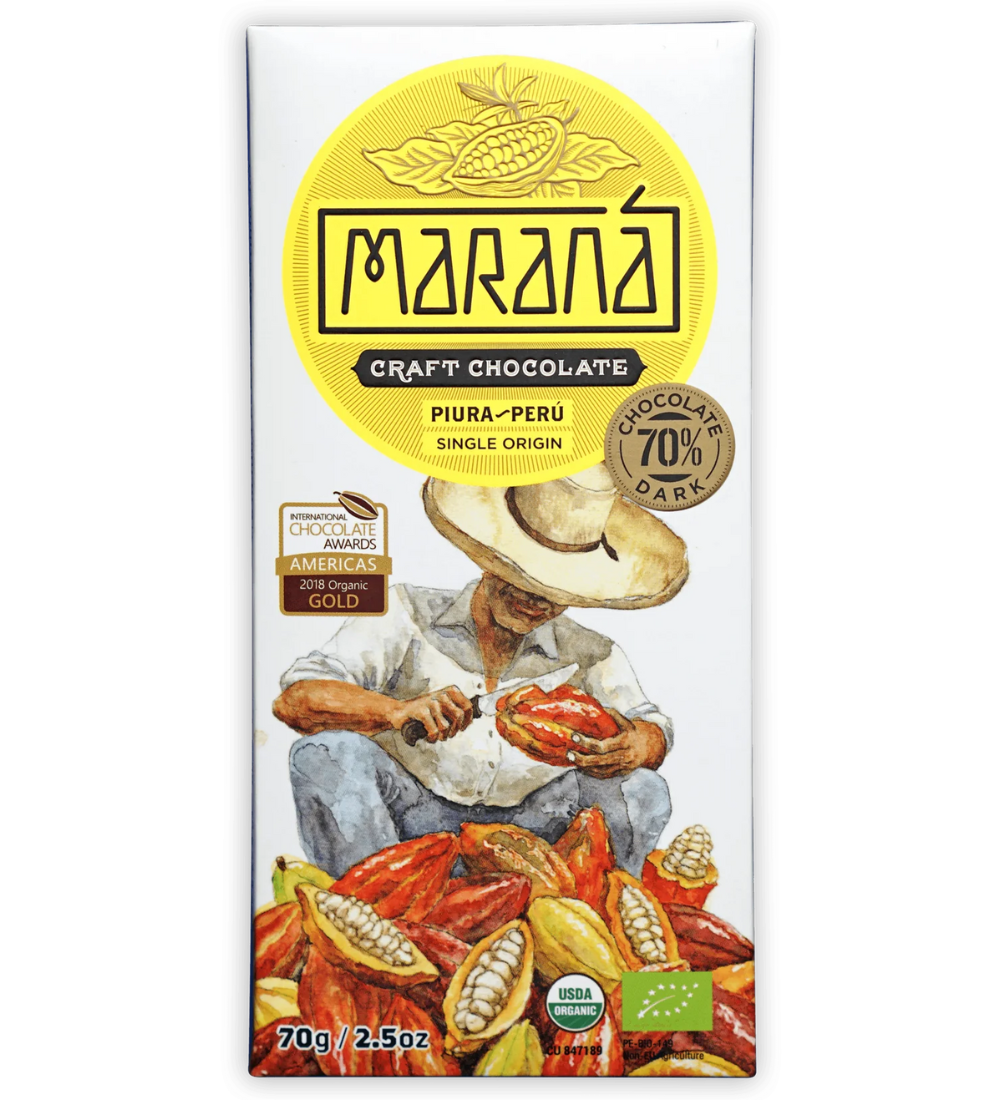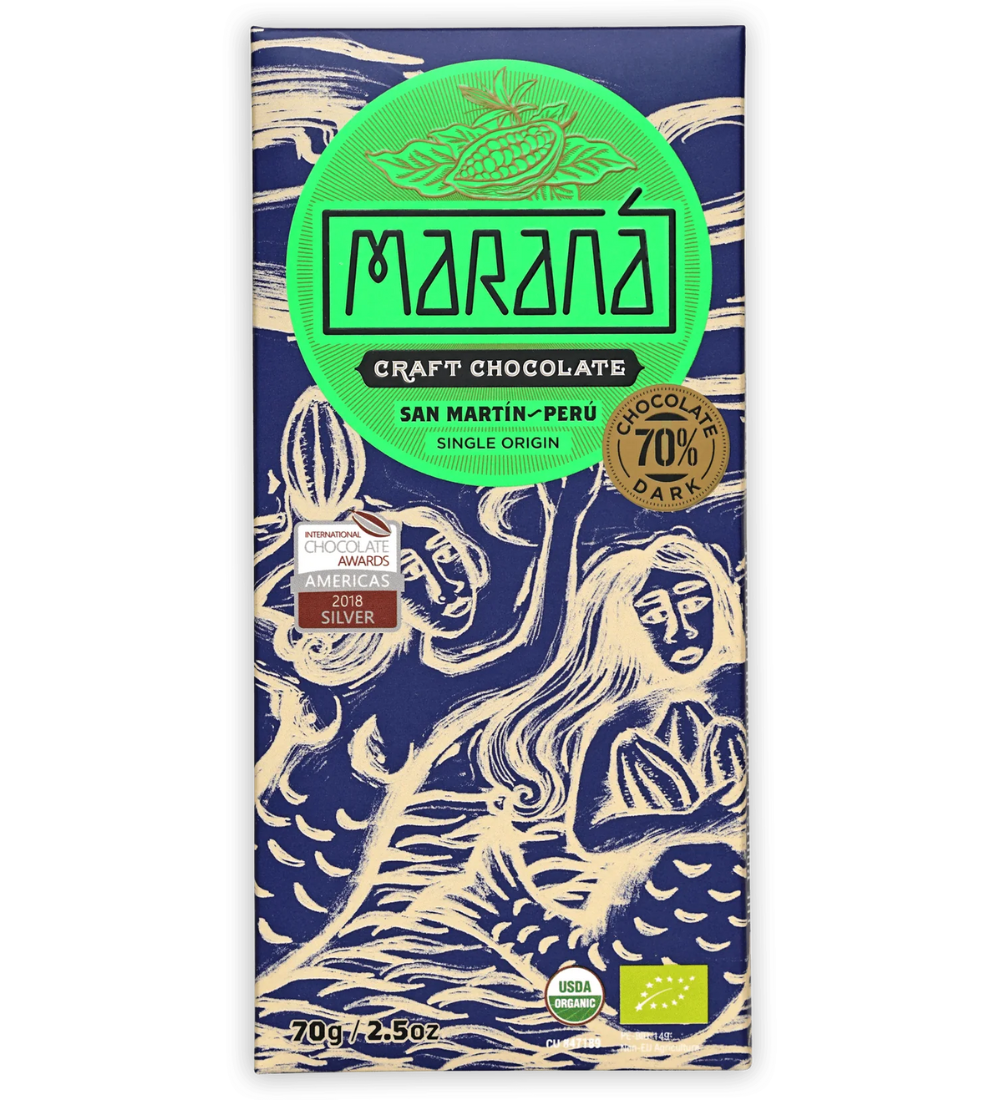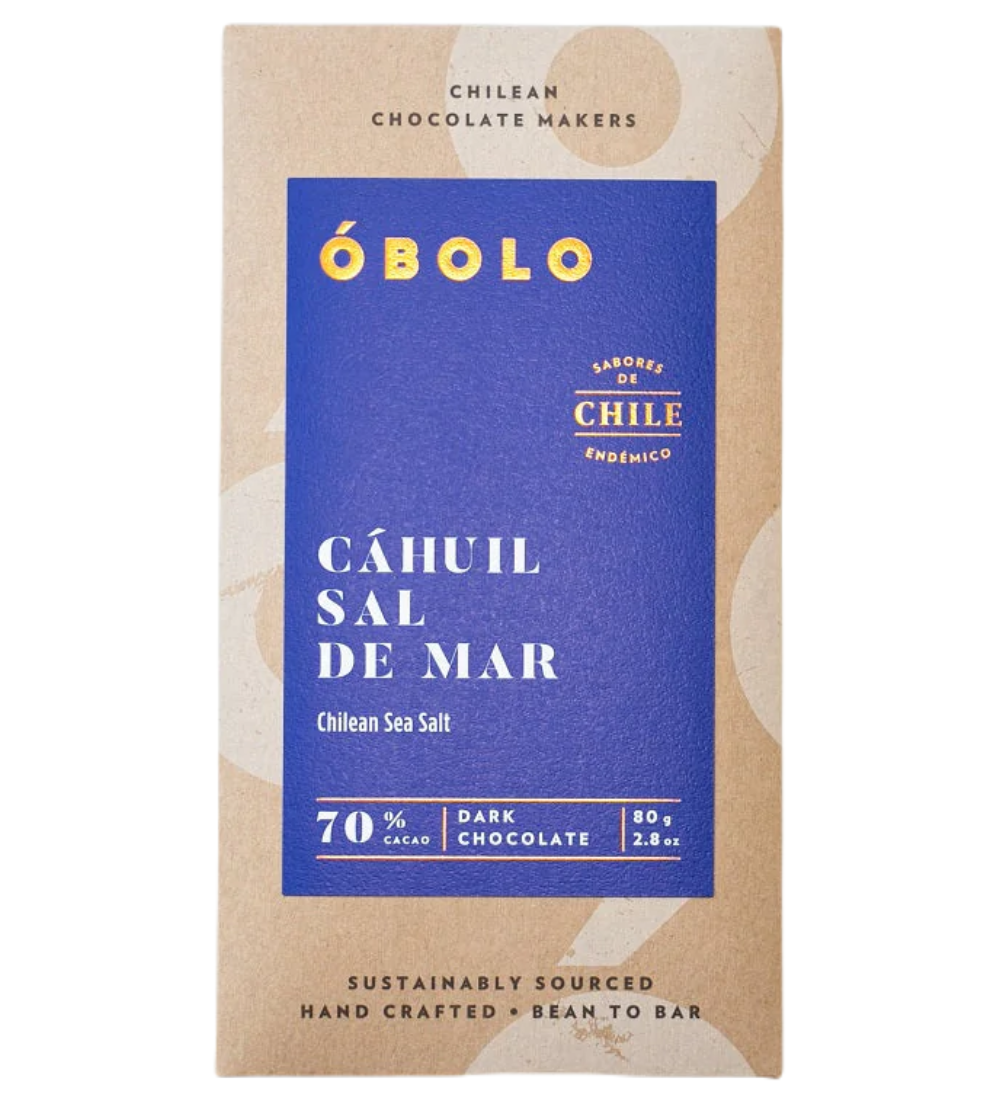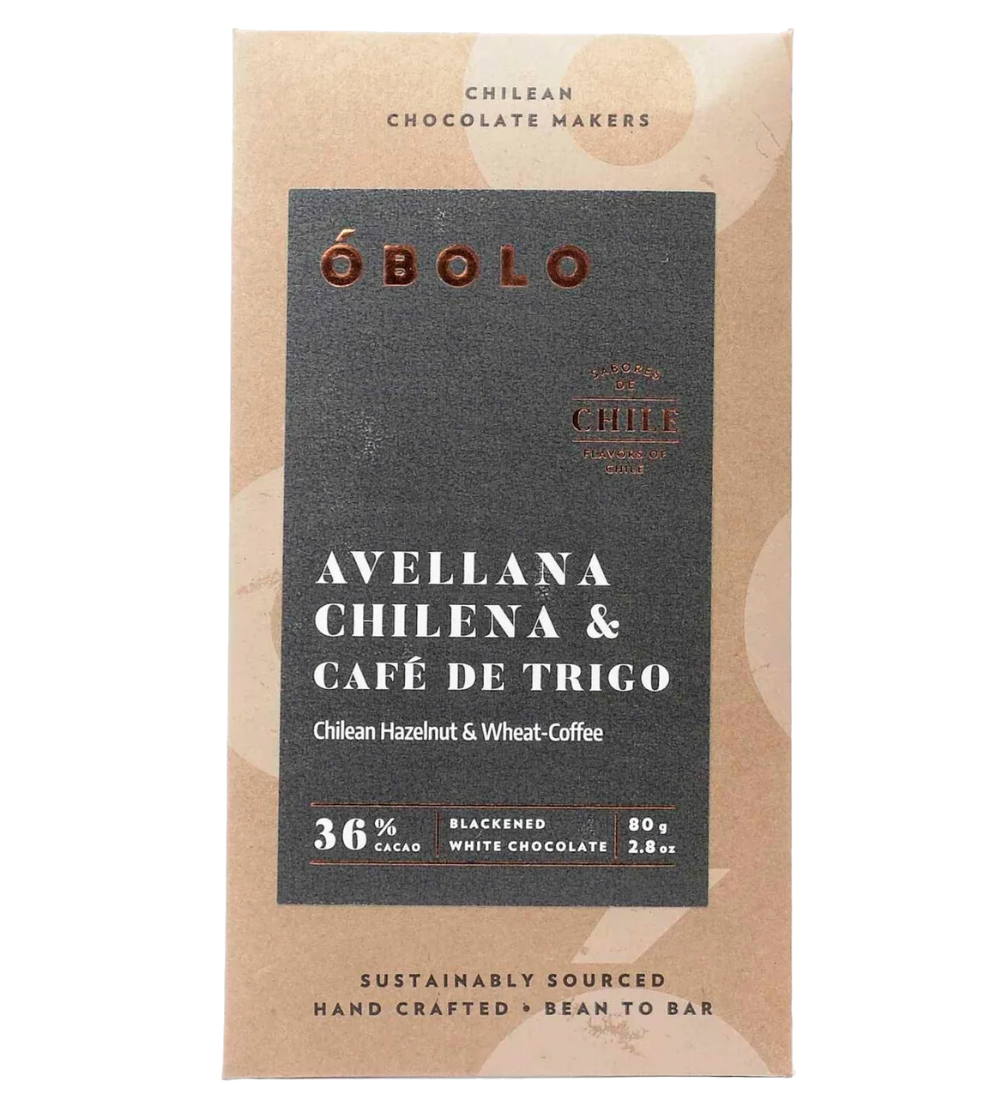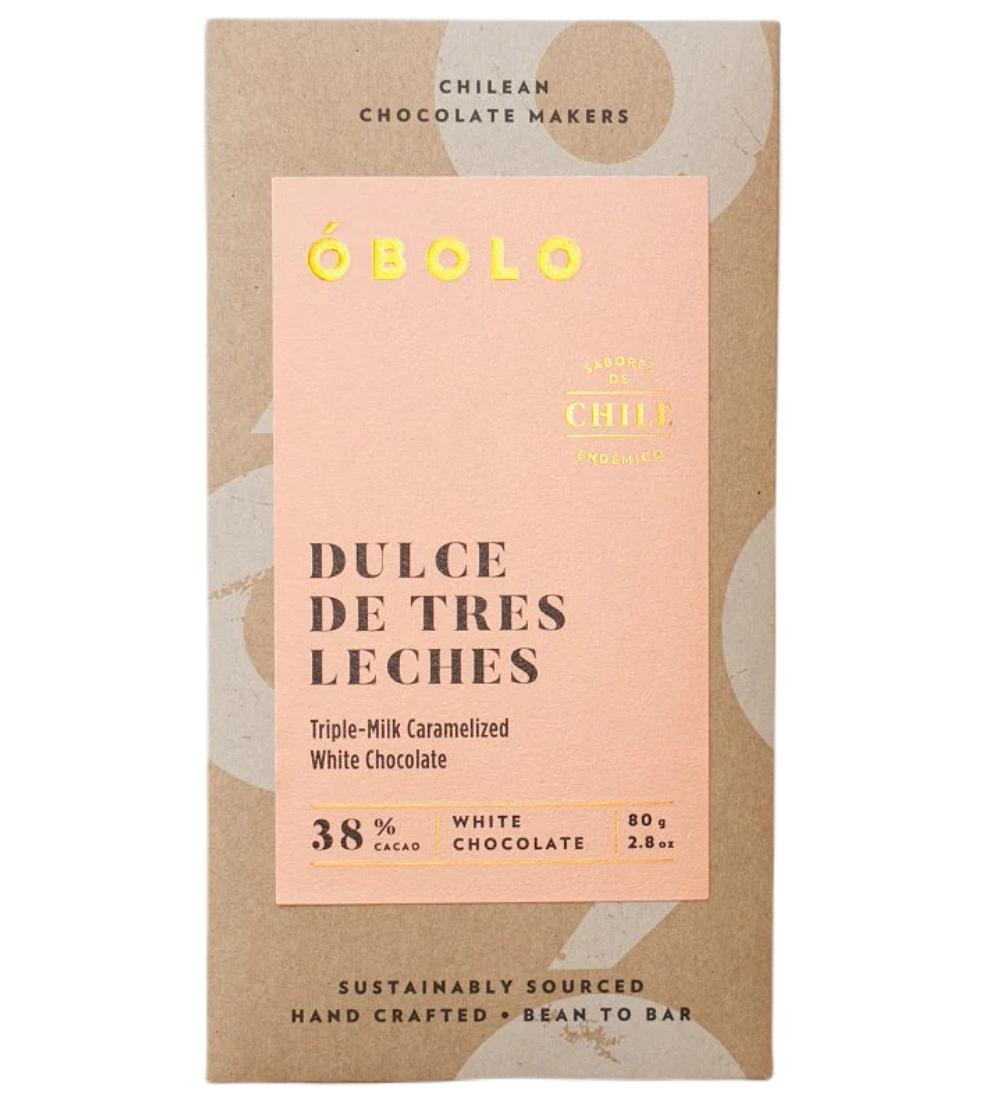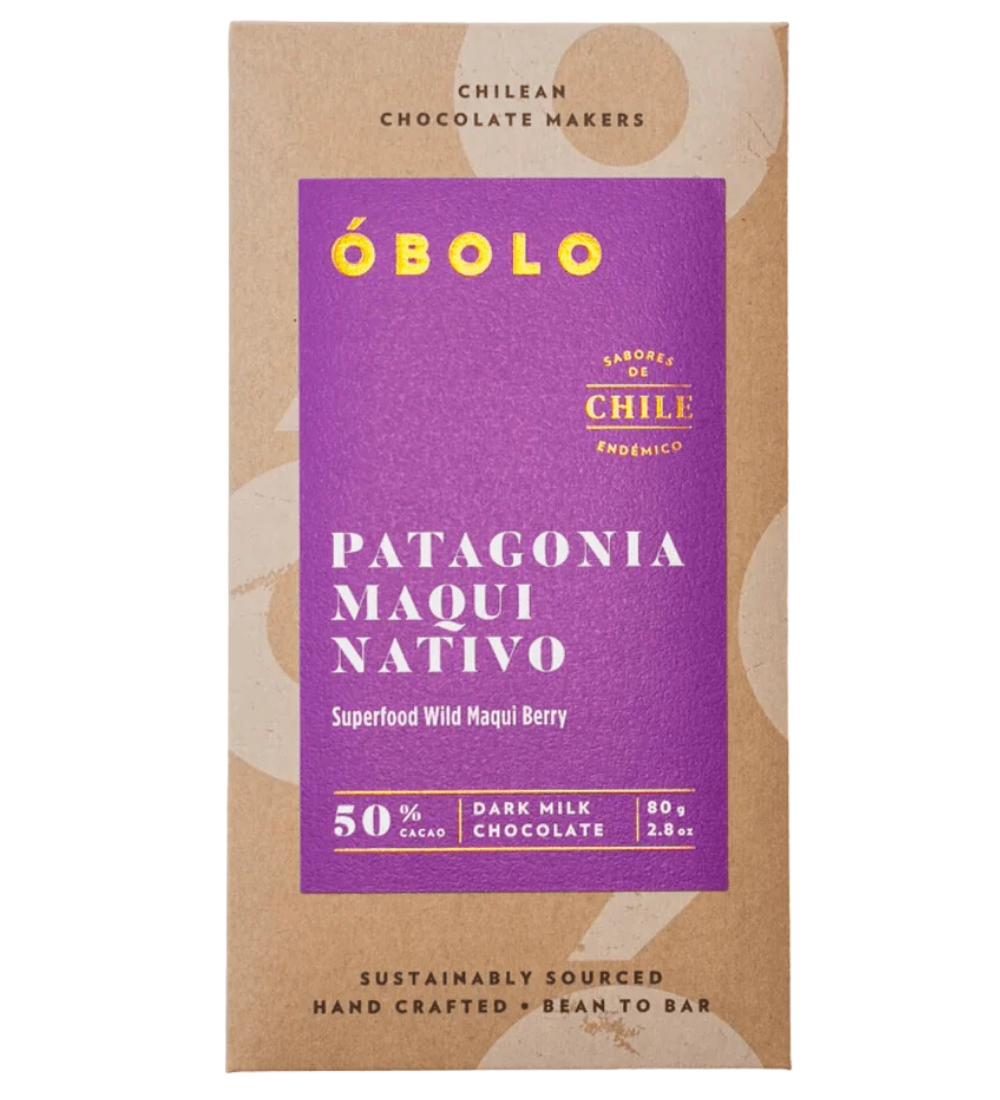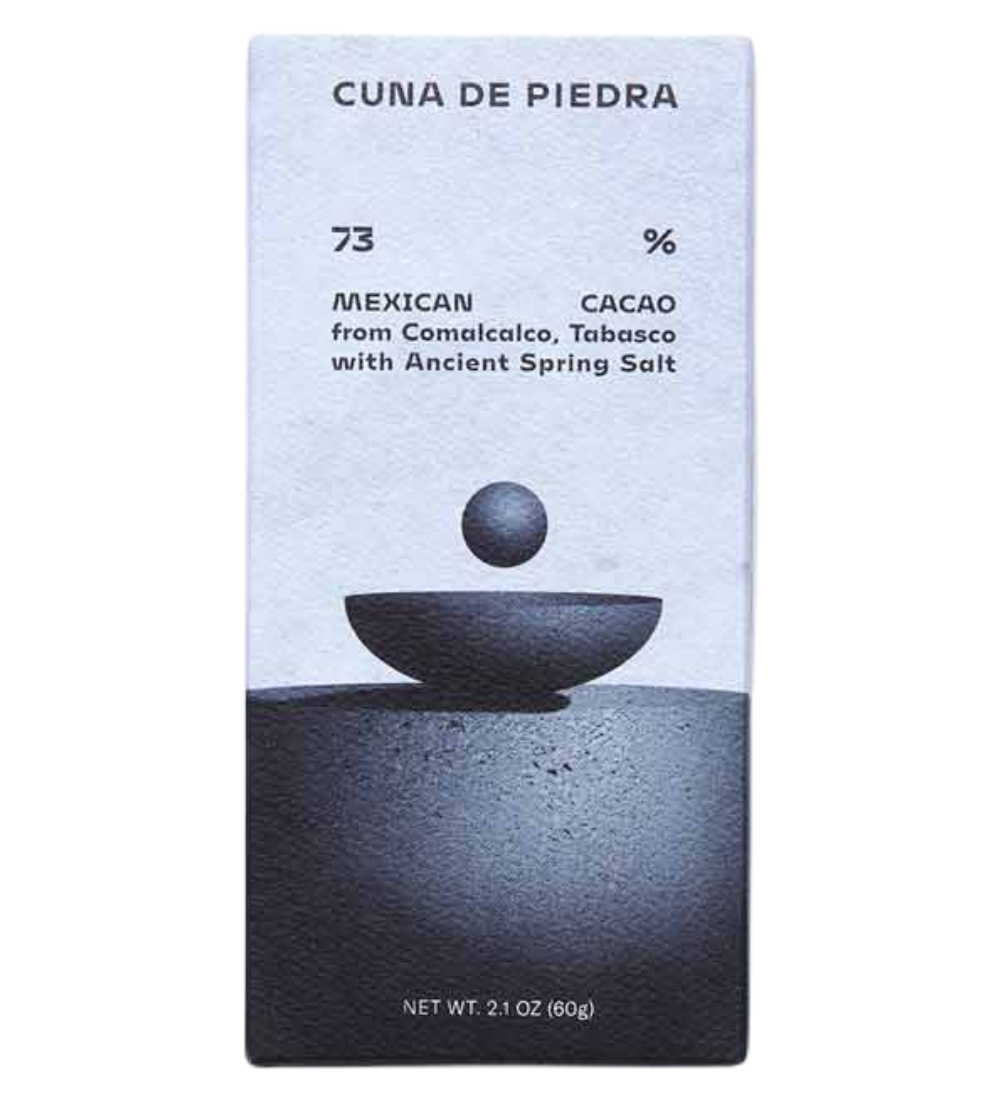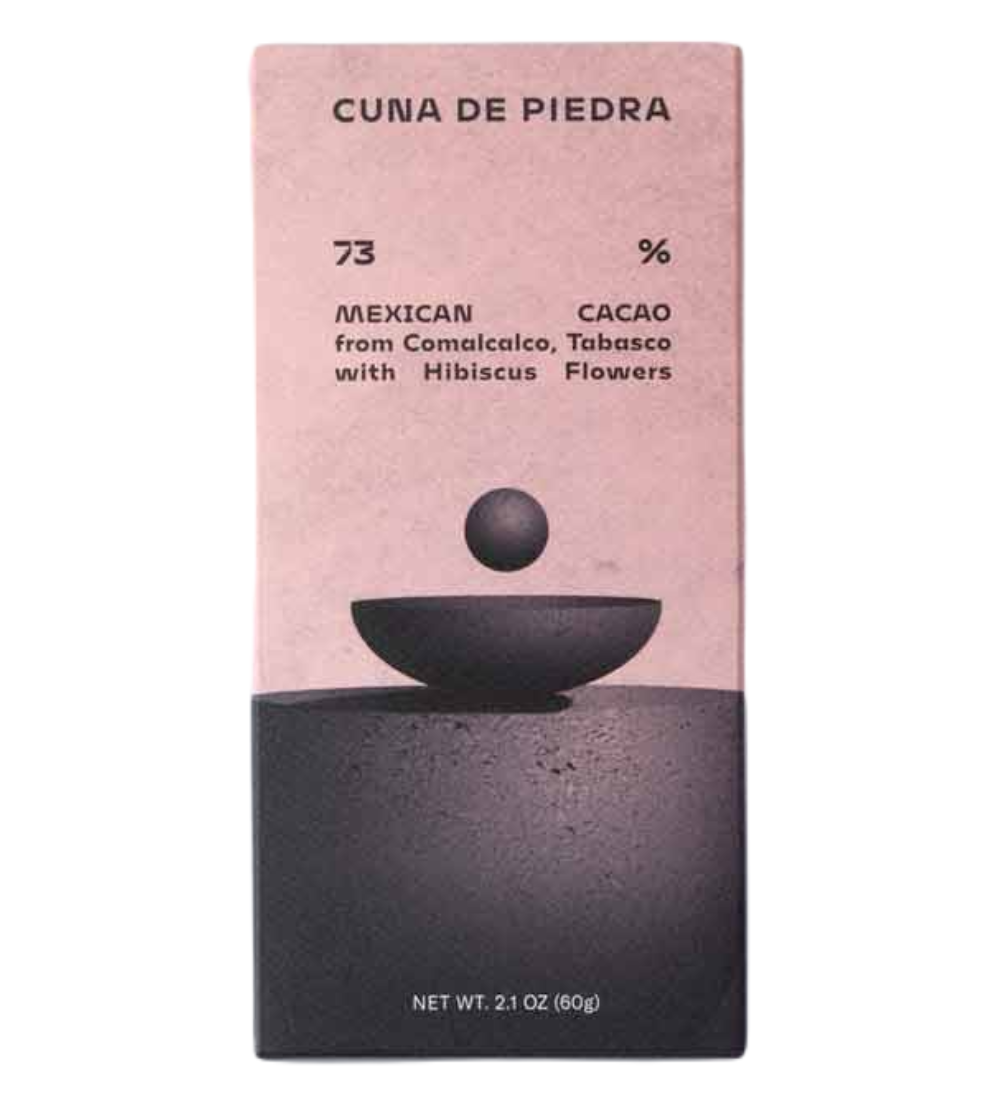Le Merkén est fabriqué à partir de piments rouges « cacho de cabra » (corne de chèvre) séchés naturellement au soleil, fumés au feu de bois et suspendus pour vieillir avant d'être broyés. Une fois réduits en poudre ou en flocons, les piments sont souvent mélangés à du sel et à des graines de coriandre moulues et grillées. Le Merkén est originaire du peuple indigène Mapuche de la région d'Araucanie au Chili, bien qu'il soit devenu plus répandu dans la cuisine chilienne en général. Son mélange fumé, savoureux et épicé se marie à merveille avec les notes plus sucrées de cannelle et de vanille de ce chocolat. Son goût ressemble à celui que les anciens Aztèques auraient pu boire. C'est définitivement ma confiture !
Óbolo Merken Chili Fumé 65%
Origine du cacao : Pérou
Pays producteur : Chili
Poids : 80g
Adding product to your cart
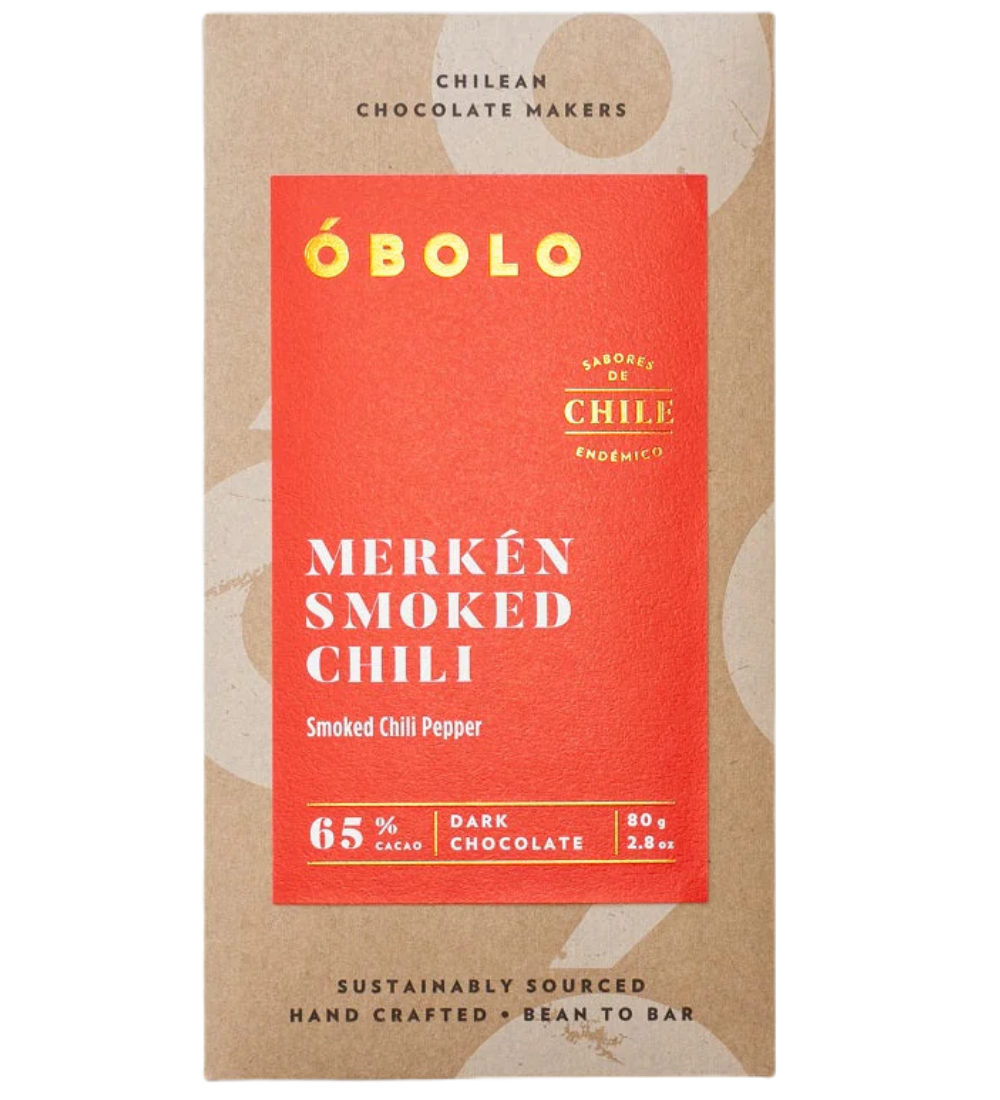
Óbolo Merken Chili Fumé 65%
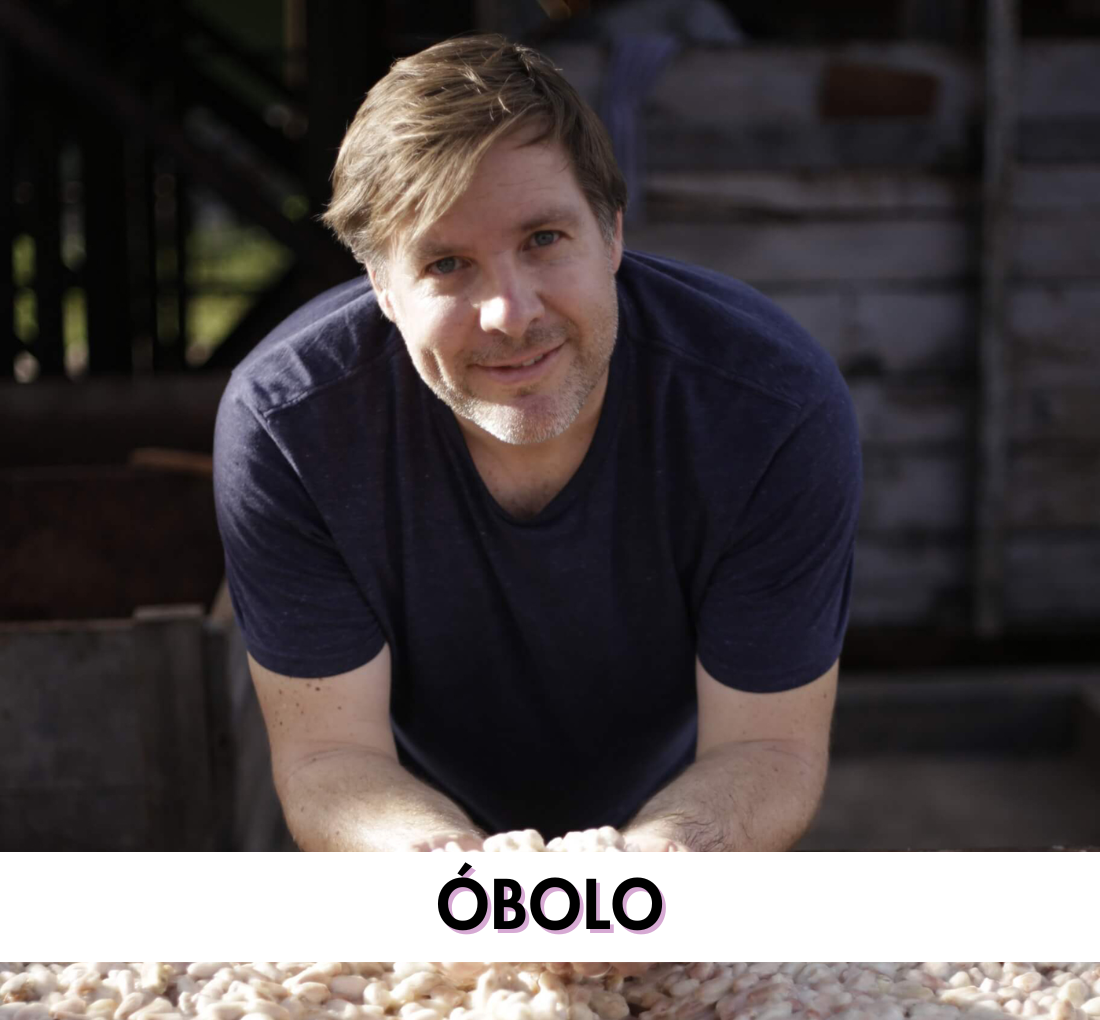
When Mark left for Chile in 2003, he had no idea his three-month vacation would turn into a decade-plus-long adventure exploring Latin America, including three years working in the jungles of Ecuador and ten years with The Nature Conservancy in Chile. Recognizing the absence of authentic, high-quality chocolate production in Chile and the significant carbon footprint of importing foreign brands, Mark embarked on a personal challenge. Drawing on his background in social and environmental ethics, he committed to sourcing beans directly from a cooperative that grows its cocoa in harmony with the Amazon rainforest's biodiversity. Additionally, he designed packaging that is entirely compostable and recyclable. Mark further expressed his love for his adopted country by celebrating its unique and traditional ingredients with a dedicated line of inclusion bars called "Flavors of Chile."
Achetez plus ÓboloJunín is a department in central Peru, nestled between the Andes Mountains and the Amazon Rainforest. In its western border the mountains are steep and snowy. Towards the east, the landscape shifts to jungle valleys and deep narrow gorges, while high altitude plateaus and mist forests. While parts of Junín experience a typically tropical climate, temperatures here are significantly cooler on average than the rest of the country, with rain occurring statistically more than once every two days. Junín's mountain valleys are rich in minerals but they are also well-suited to the cultivation of crops such as potatoes and corn. Jenín is also home to CAC Pangoa, a prominent coffee and cacao co-op with over 700 contributing members.
